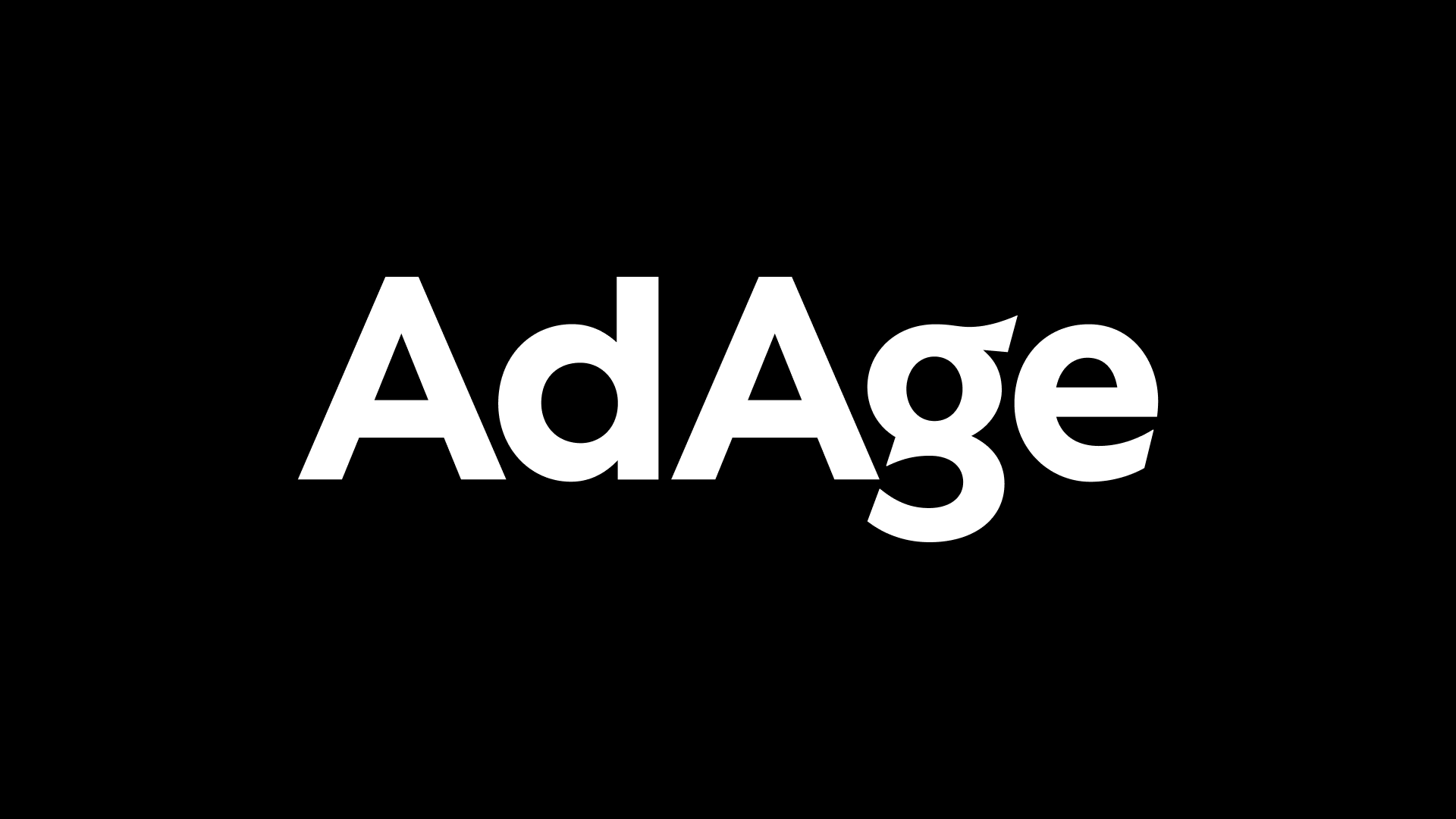Toyota will sit out the Super Bowl for the first time since 2017, the brand confirmed today.

January 13, 2023 04:04 PM
Latest News
Staying current is easy with newsletters delivered straight to your inbox.
Staying current is easy with newsletters delivered straight to your inbox.


